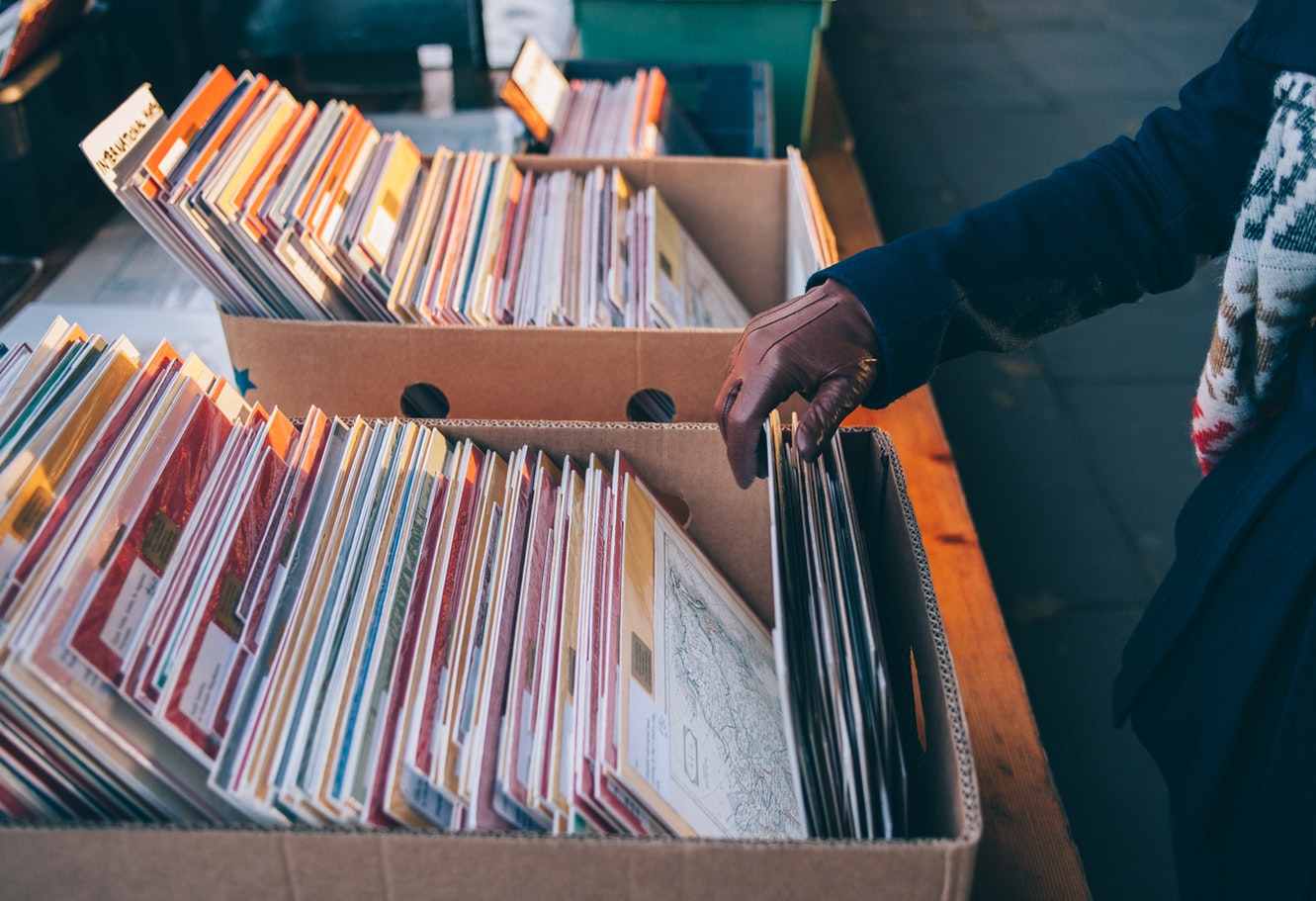Music streaming is making artists’ old music more popular
Music streaming is bringing new life to artists’ back catalogues as listeners rediscover older music and ensure that it’s not forgotten as newer tunes get released.
Music streaming has done a lot for the music industry in the digital age as more listeners move online for their tunes every day. After years of falling revenues music streaming helped create the industry’s largest growth in 15 years last year. That growth only gets more considerable every year as more and more people get into streaming, particularly Premium subscription services, and it appears it’s bringing new life back into old releases too.
‘Frontline’ music is the music industry’s term for any music released in the past 18 months old and is what labels and influencers push most because it’s fresh. With music streaming making the entire catalogue of artist’s music available on-demand listeners are consuming artists’ older music much more than before. It’s easy to discover and go back through any artist’s entire library now giving older music more value than being shelved in the record stores.
Writing for Music Business Worldwide, music trends analyst Denis Simms says that with less focus on immediate popularity investors are willing to take more risks in music opening up opportunities for more artists and promoting creativity. He says: “The days of putting enormous pressure on first week sales to see a return on investment are fading. Instead, the game is now fixated on capturing and sustaining engagement with your audience.
“Done successfully, streaming revenues will continue to flow, month after month. This has led to a renaissance for once-dormant music rights, suddenly infused with the value provided by the virtues of being a gradual and predictable revenue stream… With music rights becoming a more secure and profitable bet, both traditional and new investors have become less risk averse and more confident.”
Whereas before sales of a new album would be a deciding factor in an artist’s success now it’s based off of a whole variety of elements. Whilst their new music plays a large part, touring and playing live has become a much bigger part of artists’ careers. It helps to promote artists’ music and creates more listeners on streaming services. As distribution costs have become infinitely cheaper, without the need to print thousands-to-millions of records, labels are able to put more investment into other areas of their artists’ music.
Read Denis Simms’ full article on the evolution of the music industry and how it is proliferating in the digital age here.
